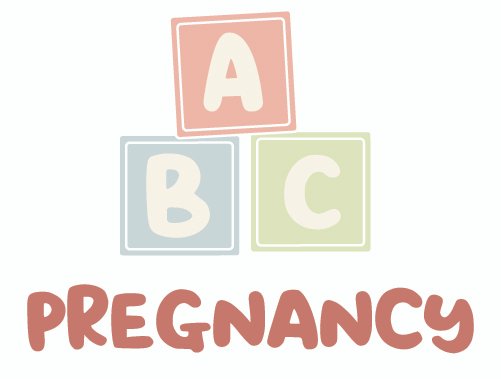This is not medical advice. Please consult a physician about any of your pregnancy questions and concerns.

Early pregnancy symptoms can be subtle yet significant indicators of the miraculous journey that lies ahead. For many women, the initial signs of pregnancy can vary widely in intensity and timing, often resembling common premenstrual symptoms. Understanding these early cues can help you recognize the beginning of this incredible chapter in your life. Here’s a comprehensive guide to the most common early pregnancy symptoms:
- Missed Period: Perhaps the most well-known early sign of pregnancy is a missed period. If your menstrual cycle is typically regular and you suddenly miss a period, it could be a strong indication that you’re pregnant. However, it’s essential to note that other factors, such as stress or hormonal imbalances, can also cause irregular periods.
- Implantation Bleeding: Some women experience light spotting or bleeding around the time of implantation, which occurs when the fertilized egg attaches itself to the uterine lining. This implantation bleeding usually occurs a week or so before your expected period and is often lighter in flow than a regular period.
- Breast Changes: Hormonal fluctuations in early pregnancy can cause noticeable changes in your breasts. You may experience tenderness, soreness, or a feeling of fullness in your breasts. Your nipples may also become more sensitive or tingle.
- Fatigue: Feeling more tired than usual is a common early pregnancy symptom. The increased production of the hormone progesterone can leave you feeling exhausted, especially during the first trimester. You may find yourself needing more rest or naps throughout the day.
- Nausea and Morning Sickness: Morning sickness, characterized by nausea and vomiting, is another classic early pregnancy symptom. Despite its name, morning sickness can occur at any time of the day or night. While some women experience mild nausea, others may have more severe symptoms that interfere with daily activities.
- Frequent Urination: Early in pregnancy, hormonal changes can lead to increased blood flow to the kidneys, resulting in more frequent urination. You may find yourself making more trips to the bathroom, even during the night.
- Food Cravings and Aversions: Changes in hormone levels can also influence your sense of taste and smell, leading to food cravings or aversions. You may suddenly crave certain foods or find that foods you once enjoyed now make you feel nauseous.
- Mood Swings: Hormonal fluctuations during early pregnancy can affect your mood, leading to mood swings or heightened emotional sensitivity. You may find yourself feeling more irritable, weepy, or anxious than usual.
- Constipation: Changes in hormone levels can also slow down the digestive system, leading to constipation for some pregnant women. This symptom may be exacerbated by prenatal vitamins or dietary changes.
- Heightened Sense of Smell: Some women report a heightened sense of smell early in pregnancy, which can make certain odors more intense or unpleasant than usual.
While these early pregnancy symptoms can be indicative of pregnancy, they are not definitive proof. The only way to confirm pregnancy is through a pregnancy test. If you suspect you may be pregnant based on these symptoms, it’s essential to take a home pregnancy test or consult with your healthcare provider for confirmation and guidance on next steps.
In conclusion, being attuned to your body and recognizing the early signs of pregnancy can be an empowering experience. By familiarizing yourself with these common symptoms, you can navigate the early stages of pregnancy with confidence and prepare for the transformative journey ahead.
